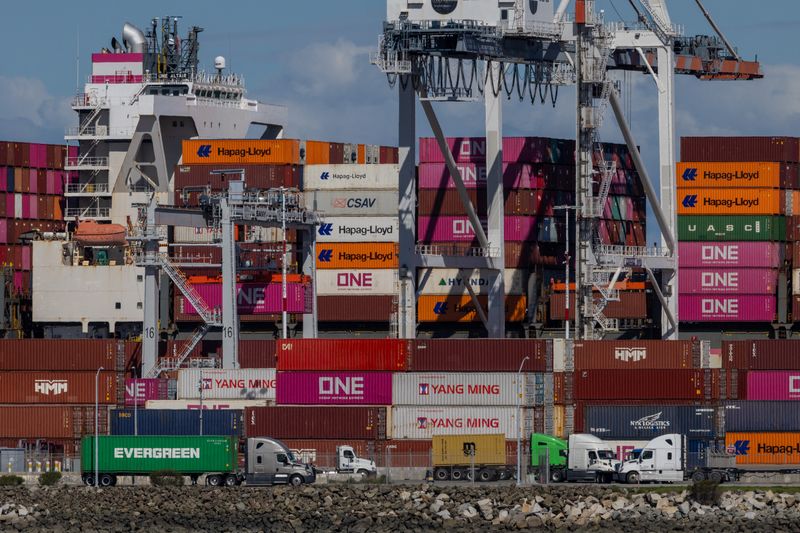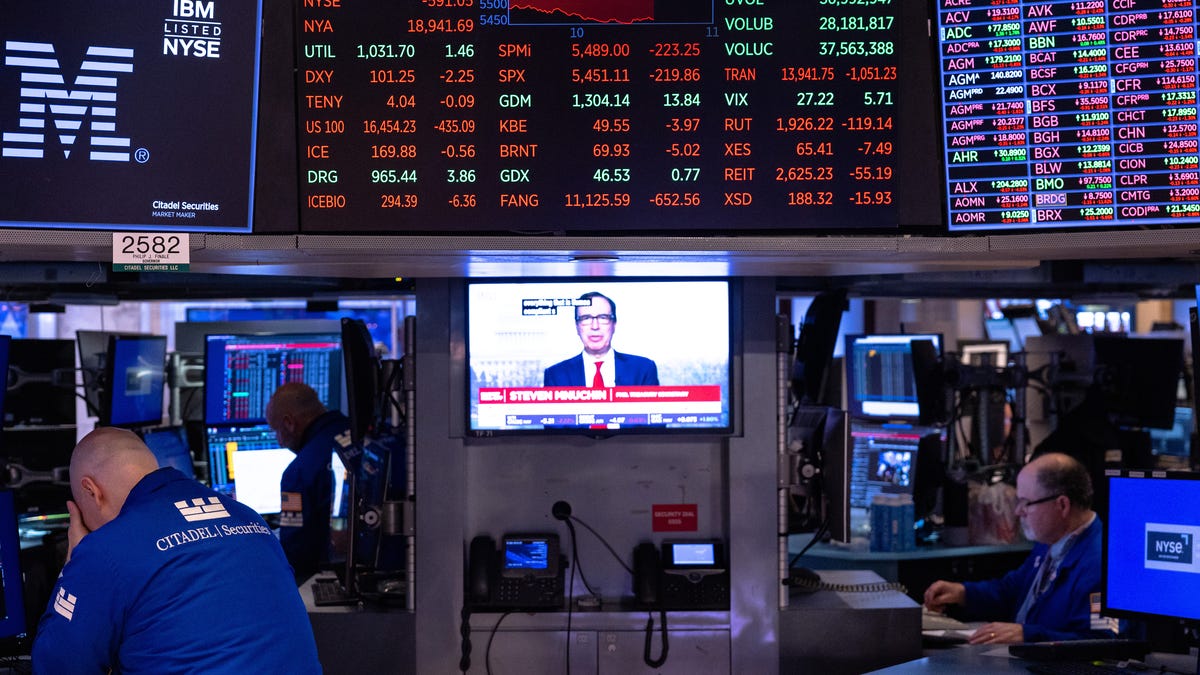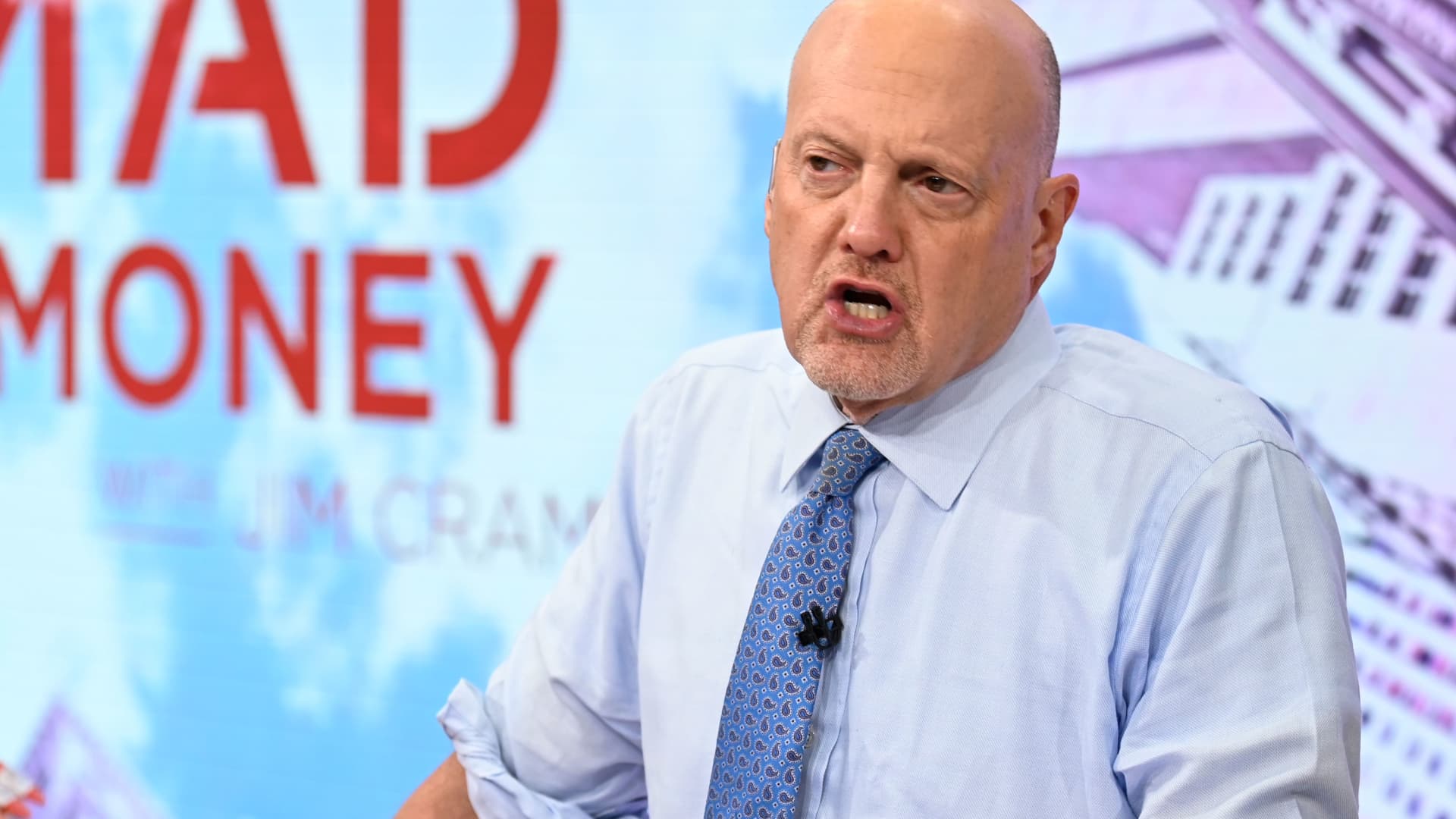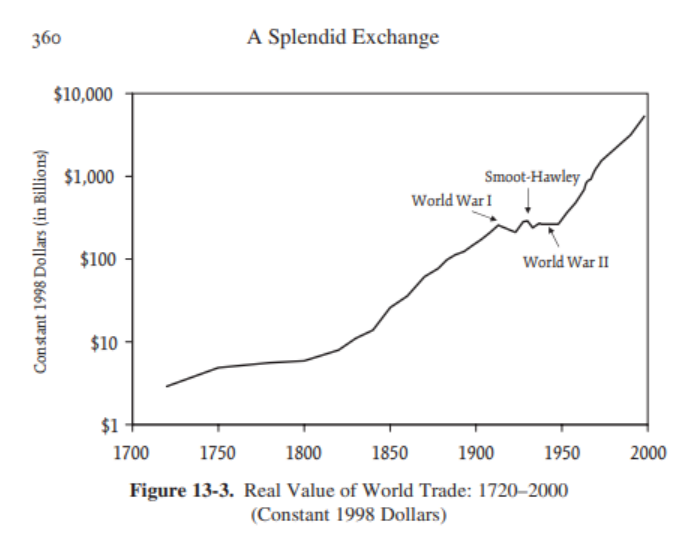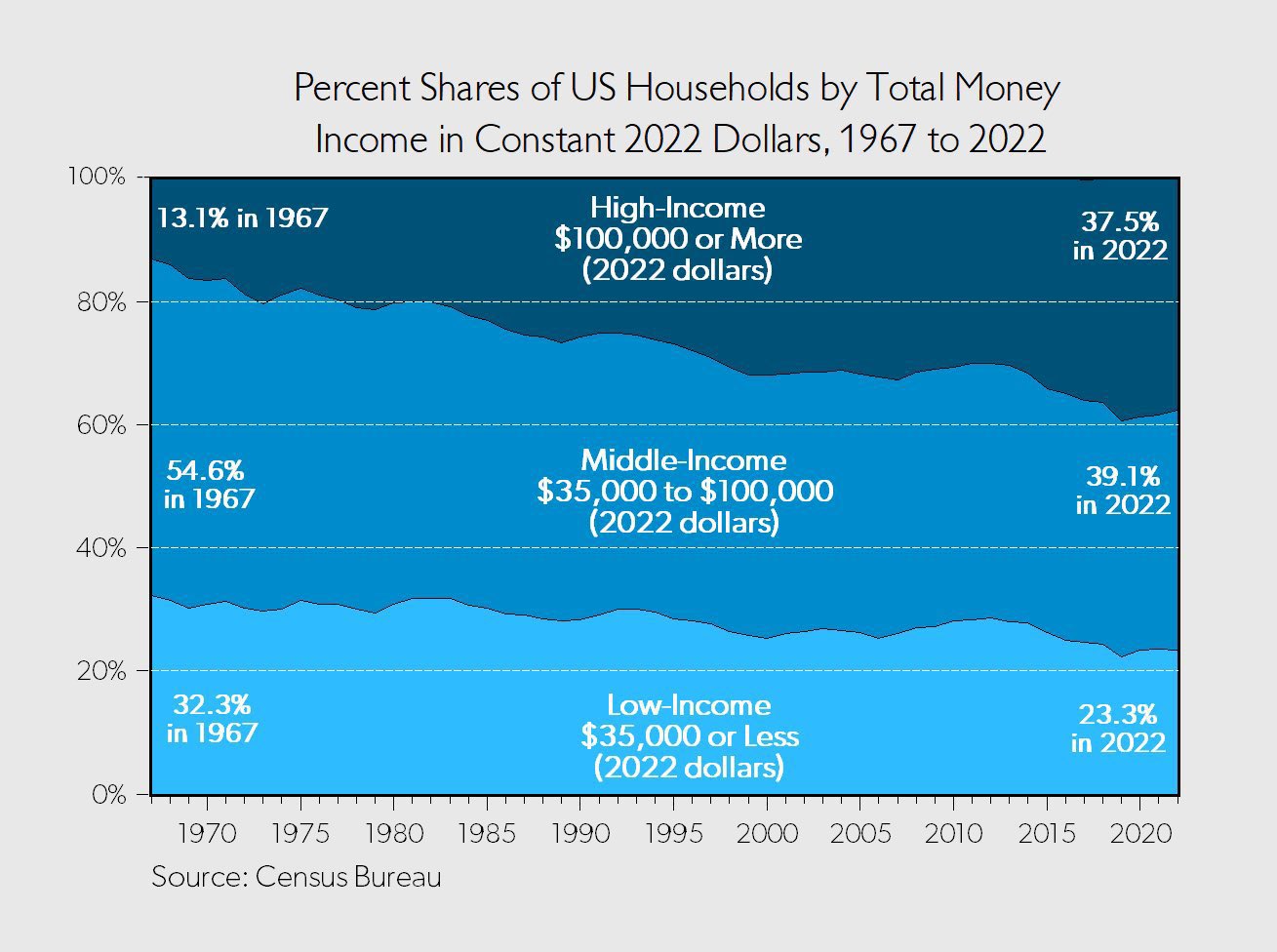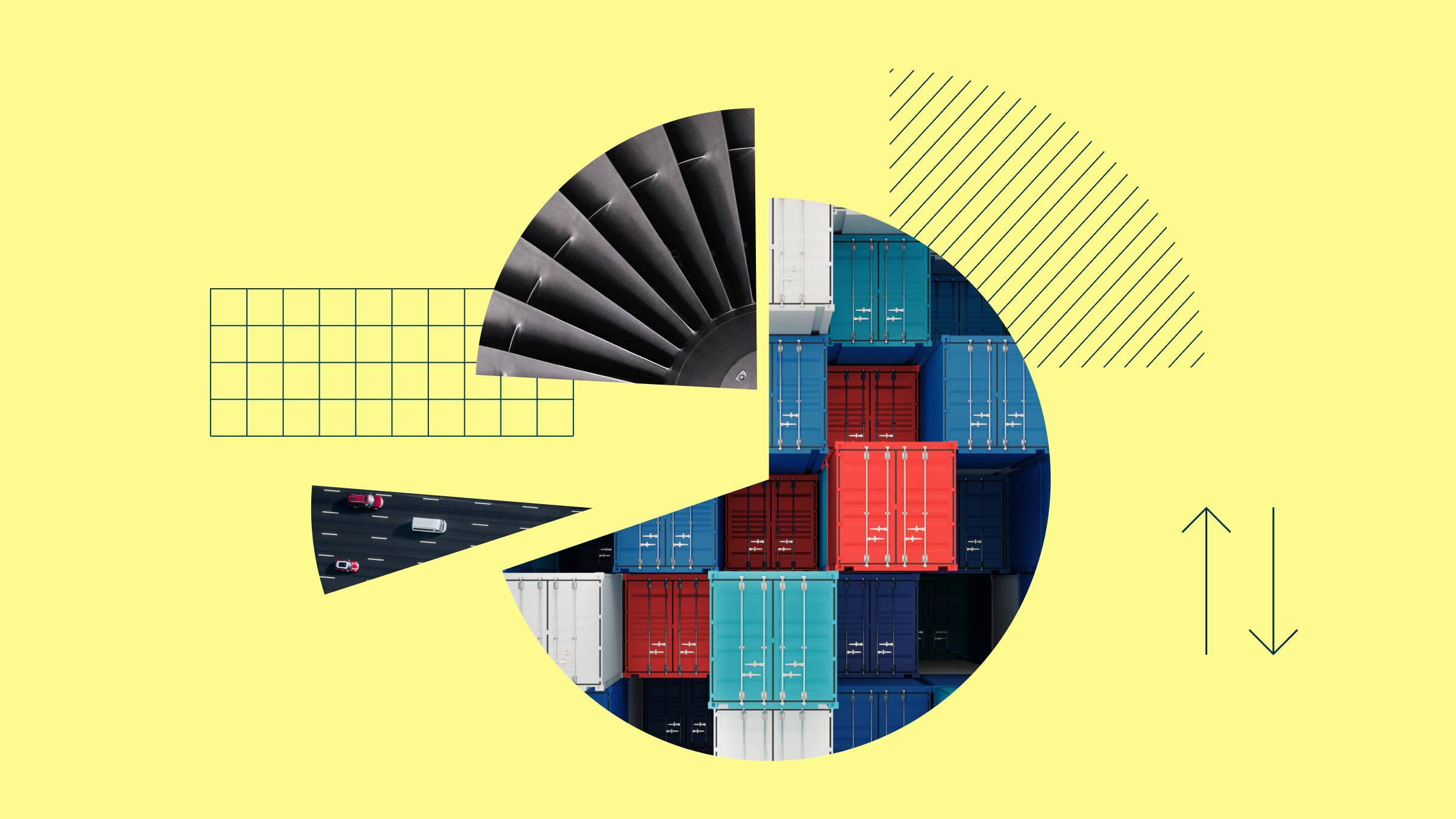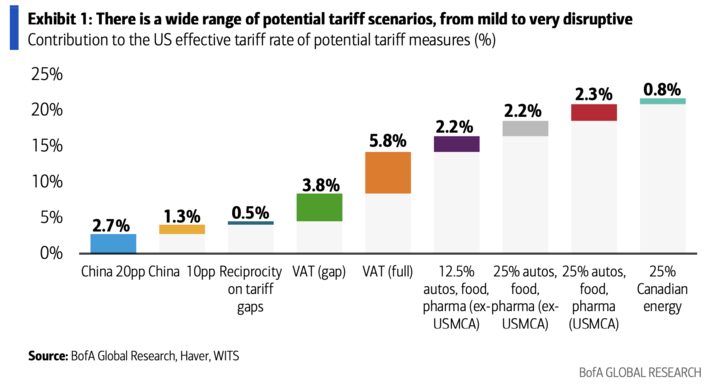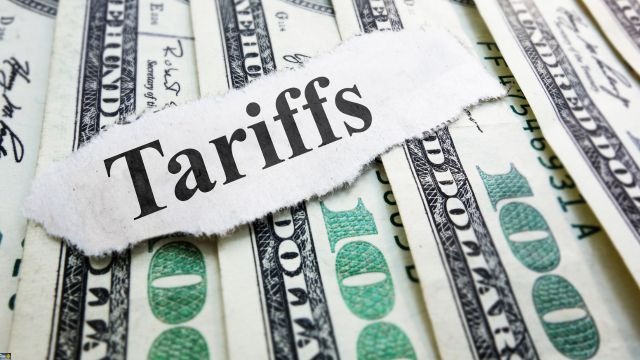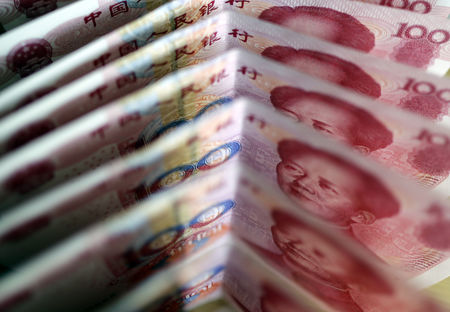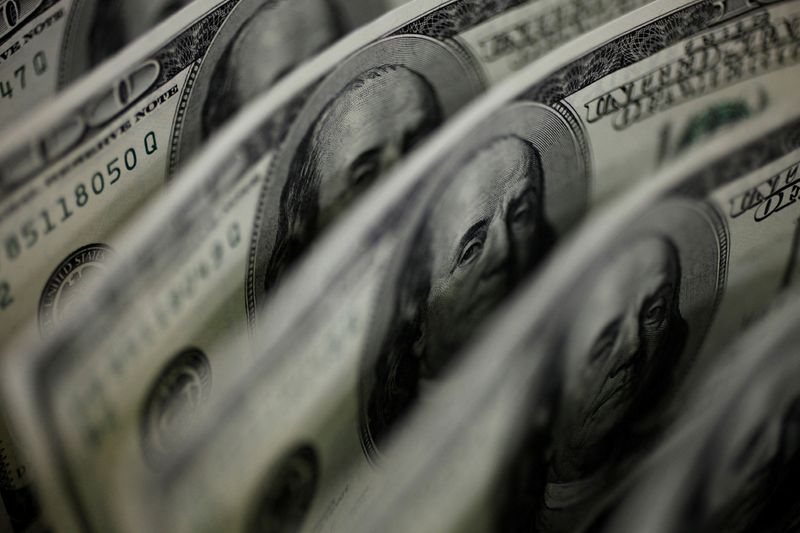The tariff loophole that drove Shein and Temu to fast-fashion dominance is closing in a month
An executive order imposes tariffs on small-value shipments from China that were previously exempt from duties.

- Chinese e-commerce juggernauts Temu, Shein, Alibaba, and JD.com gained popularity in the U.S. partly thanks to a loophole that allowed small-value shipments from China to avoid tariffs. The hugely popular program accounted for 1 billion shipments to the U.S. in 2023. It’s finally ending after an executive order from President Trump.
In a few short years, the American e-commerce landscape has become dominated by a pair of China-based upstarts. Shein and Temu were virtually unknown in the U.S. prior to the pandemic. Today, Shein is a fast-fashion juggernaut preparing for a London IPO, bringing former mall stalwart Forever 21 to the brink of bankruptcy and causing serious financial challenges for H&M and Zara. Temu, after an aggressive campaign of discounts and ads exhorting viewers to “shop like a billionaire,” is today the second-biggest shopping app after Amazon, according to Bloomberg, on track to generate $30 billion in sales.
More than changing U.S. shopping habits, it’s a loophole in tariffs that drove Shein, Temu, and competitors Alibaba and JD.com to the top of the e-commerce heap. And that loophole is shutting in just over a month.
President Donald Trump on Wednesday signed an executive order ending a tariff exemption that allowed goods shipped from China valued under $800 to avoid duties. It will no longer apply after midnight on May 2.
Shippers could take advantage of the loophole by sending products directly from China to consumers willing to wait one to two weeks for their purchases—bypassing warehouses, customs and tariffs. The exemption has been hugely popular, with Americans receiving one billion packages under the so-called de minimis threshold in 2023, according to the Congressional Research Service.
Small-value shipments accounted for one-tenth of all China’s exports to the U.S. last year, Bloomberg reported. The $800 exemption for goods from China is relatively high, the outlet noted: Shipments from Canada are exempt up to $40, while shipments from the eurozone must be under $150.
In addition to squeezing U.S. retailers, some lawmakers say the small-package exemption exacerbates the drug crisis by allowing traffickers to ship the deadly drug fentanyl and its components to the U.S. undetected.
“Many shippers based in the People’s Republic of China (PRC) hide illicit substances and conceal the true contents of shipments sent to the United States through deceptive shipping practices,” Trump’s executive order read, adding, “these exports play a significant role in the synthetic opioid crisis in the United States.”
Trump previously moved to close the loophole in February, but backtracked to allow the Commerce Department to set up systems to inspect and process packages. During that time, fears of tariff impacts led Temu’s parent, PDD Holdings, to shed billions in value.
Closing the loophole would also affect U.S.-based retailers like Amazon, Walmart, and eBay, whose sites feature some sellers that ship directly from China—but the impact would likely be much less.
Representatives for Shein, Temu, Alibaba, and JD.com did not respond to Fortune’s request for comment.
This story was originally featured on Fortune.com




